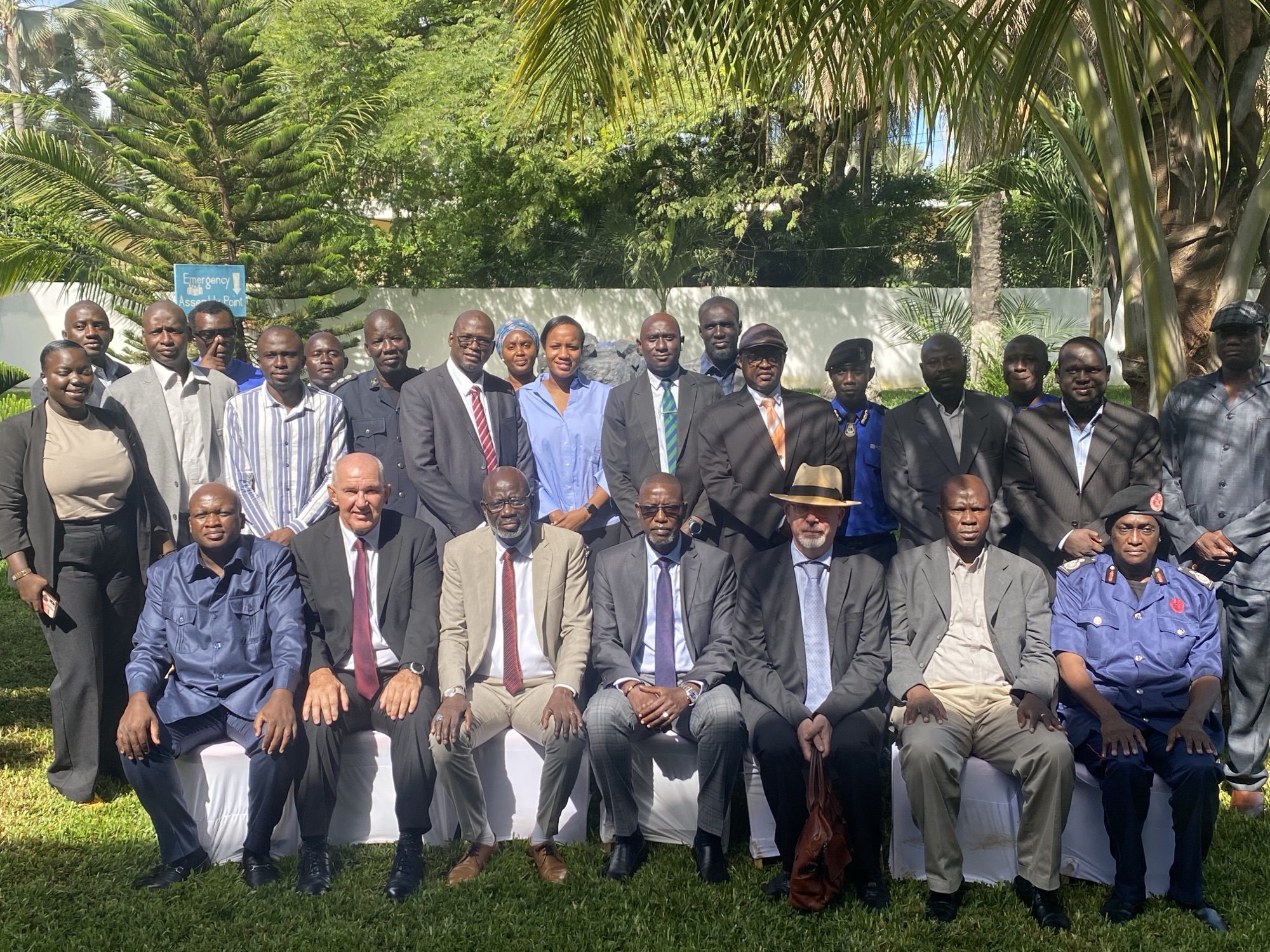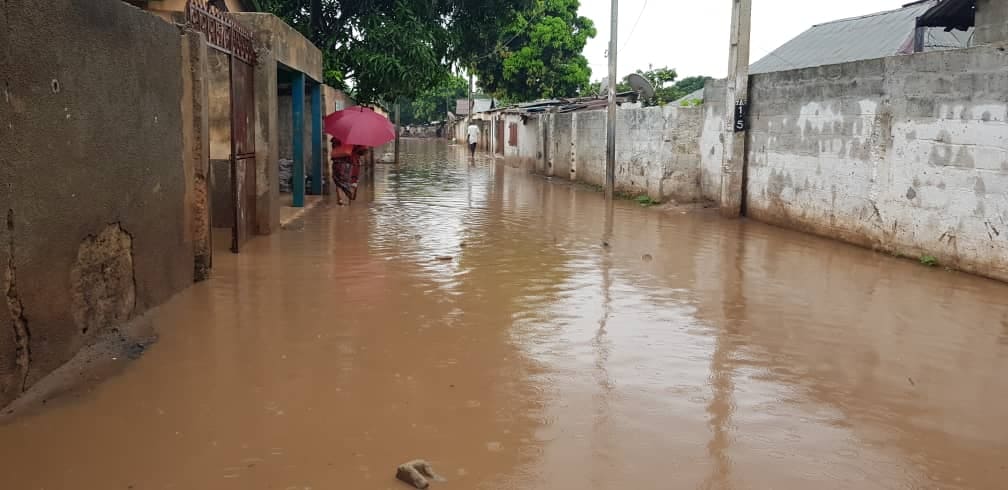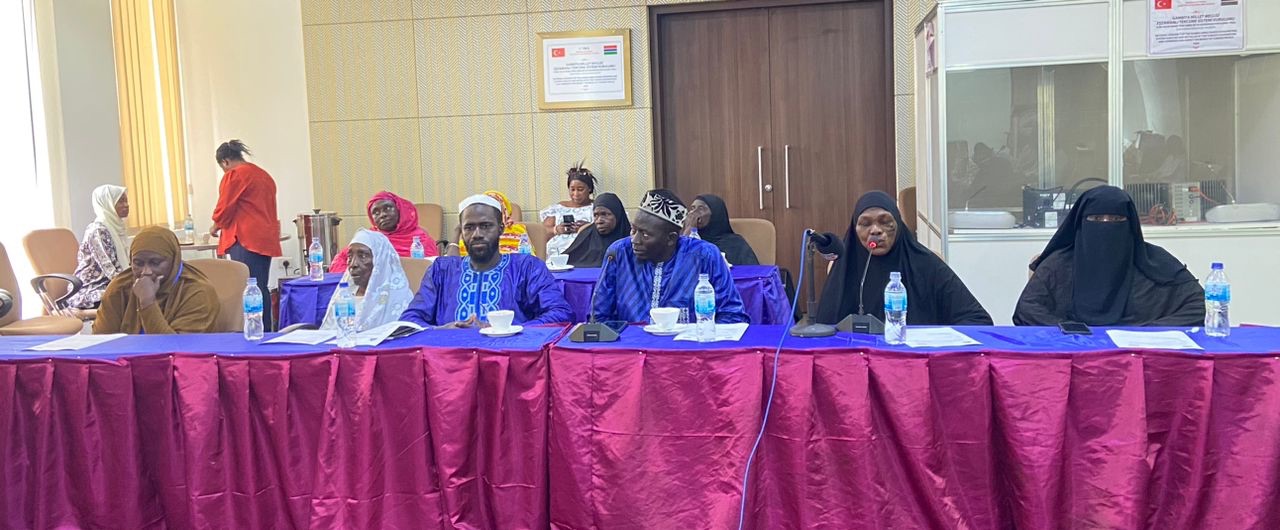By Arret Jatta
The Ministry of Interior in partnership with the Geneva Center for Security Sector Governance (DCAF) and with funding from the European Union (EU) on Wednesday validated the draft Internal Security Policy (ISP) documents at a local hotel in Kololi.
Minister of Interior Mr. Abdoulie Sanyang stated that the Internal Security Policy documents serve as a comprehensive framework designed to improve the efficiency of the Ministry of Interior and the overall security landscape of The Gambia.
“The ISP addresses the longstanding challenge of uncoordinated work activities among various internal security agencies and indeed the reform of the Ministry itself to align with contemporary security challenges,” he explained.
He further explained that by establishing clear guidelines and a cohesive strategy, internal security policy will ensure that all security institutions under the purview of the Ministry of Interior can effectively collaborate and respond to internal security challenges.
European Ambassador to The Gambia Mr. Cornelio Pampaloni noted that security is a fundamental aspect of any society and it is essential for the well-being of the citizens and the prosperity of the nations.
“The European Union has always placed a high priority on supporting the Security Sector Reform agenda of the government of The Gambia, particularly in strengthening their internal security capabilities. Today’s event is a testament to that commitment”, he said.
“I am confident that this policy will serve as a valuable tool in safeguarding our communities and upholding the rule of law and respect for human rights,” added.
He also commended the Ministry of Interior for coming up with such a policy.
For his part, National Security Adviser Abubakarr Suleiman Jeng said that the Internal Security Policy has been formulated based on the Ministry of Interior’s constitutional mandate to provide democratic civilian control, oversight, and governance of the internal security institutions.
He emphasized that the Internal Security Policy reaffirms the various constitutional mandates of the internal security institutions as well as the supporting security institutions.
“The policy pathways to be followed and defined approach to be adopted to ensure optimal security and safety service delivery for the citizens and residents,” he pointed out.





